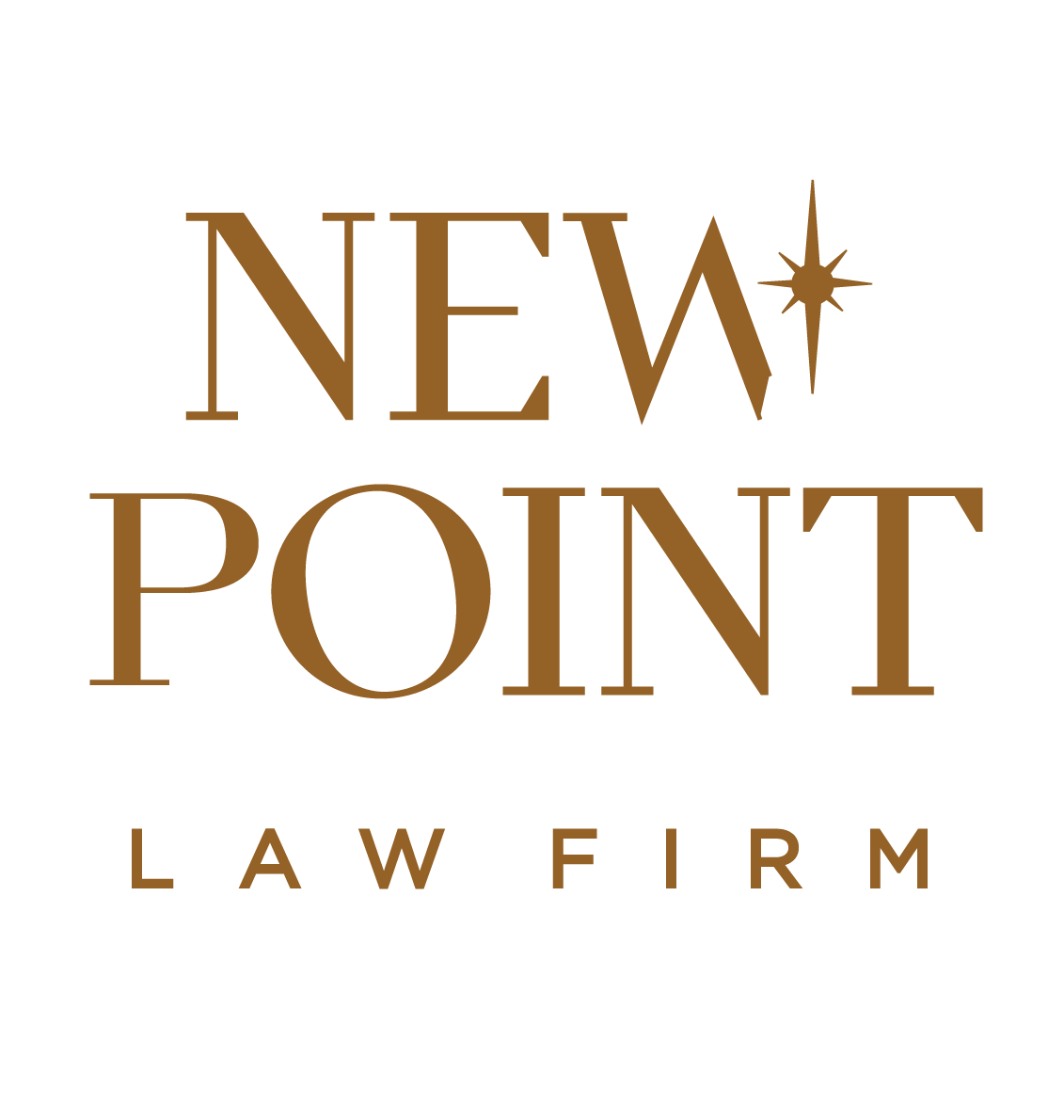
Q: What is real estate?
A: Real estate (also called "real property") is a term for land and improvements to that land, such as buildings and infrastructure. Commercial real estate can include factories and equipment as well as other improvements. Resources such as minerals or petroleum below the ground are part of real estate. These resources or the rights to extract them can be sold individually.
Q: What is a deed?
A: A deed is a document that transfers and records ownership of a piece of real estate. The deed contains the names of the seller and buyer, a legal description of the property, and the signature of the former owner. See the Glossary for a discussion of different kinds of deed.
Q: What is a disclosure statement?
A: In some states, the seller must provide a form called a disclosure statement to the buyer. The disclosure statement details problems or other issues with the property or title. Requirements differ between jurisdictions.
Q: What are property restrictions?
A: All land is subject to federal, state, and local regulations. In addition, private restrictions can be placed on a property as a condition of sale. As an example, federal regulations govern environmental impact. State laws typically discuss access to property and procedures for changing property boundaries. Local laws cover zoning rules, and everything from historical preservation to noise levels. Private restrictions are often employed by developers who want their developments to maintain a cohesive look or feel. Developments may employ restrictive covenants to enforce everything from garage size and house design to color schemes and lawn decorations.
Q: What is joint tenancy?
A: Joint tenancy is when individuals own equal shares in a property. Often, spouses hold property as joint tenants. All joint tenants must agree to a sale, to protect each other from having their property sold without their knowledge. If a joint tenant dies, the other joint tenant inherits their share in the property.
A similar form of tenancy is called tenancy in the entirety, which gives each spouse an undivided half of the property. There is also tenancy in common, which allows unmarried partners or commercial partners to own unequal shares in a property. All of these types of ownership can become complicated, and the advice of a competent real estate attorney is essential to a real estate buyer.
Q: How do mortgages work?
A: A mortgage is a loan provided by a bank or other lender, where the collateral is real estate to be purchased using that loan. State laws often vary in their interpretation of mortgage procedure. In addition, mortgages can carry a fixed or adjustable rate of interest. Some government programs provide mortgage assistance to veterans or other qualified individuals. In addition, real estate owners can take on additional mortgages to meet financial needs. Any mortgage is open to foreclosure if the real estate owner fails to make payments.
Q: What happens in a foreclosure?
A: The exact procedure varies widely, depending on state law and the terms of the contract. Generally, real estate owners are given opportunities to avoid foreclosure by setting up a payment plan, and are allowed to stay in their home during the foreclosure process. Lenders often avoid the complications of foreclosure by offering options to assist their borrowers. However, any risk of foreclosure should be discussed with a real estate attorney in order to protect the homeowner’s interest.
New Point Law Firm, plc, is an Iowa general practice law firm with attorneys practicing in the areas including but not limited to:
Administrative Law
Adoption Law
Agricultural Law
Alternative Dispute Resolution
Banking Law
Business Acquisition
Business Franchising
Business Law
Business Mergers
Business Organization
Business Planning
Civil Litigation
Civil Practice
Car Accidents
Commercial Law
Commercial Litigation
Commercial Real Estate
Constitutional Law
Construction and Development
Contracts
Corporate Law
Criminal Defense
Divorce
Elder Law
Employment Law
Employee Benefits
Estate Administration
Estate planning
Family Law
General Practice
Government
Government Contracts
Juvenile Court
Landlord/Tenant
Legal Malpractice
Litigation
Medical Malpractice
Municipal Law
OWI & DUI
Personal Injury
Probate
Product Liability
Professional Liability
Professional Malpractice
Real Estate
Tax Preparation
Taxation Law
Trial Law
Trusts
Venture Capital & Securities
Wills, Trusts, Estate Planning & Probate Law
Worker's Compensation
Wills
Zoning, Planning & Land Use






